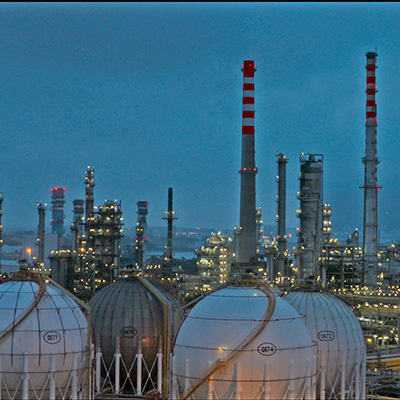- Located in the Canary Islands and Andalusia, they are situated at internationally geostrategic locations.
- The new responsibility of the current director of the company in the Canary Islands is part of the company's commitment to improving its competitiveness.
Cepsa's marine terminals are located at internationally geostrategic locations and play a key role in the operations of the refineries and petrochemical plants as they manage the essential function of supplying these facilities with raw materials. This is in addition to distributing the products created in its processes.
Cepsa is defining a renewed, ambitious long-term strategy to be presented in the next few months. This new plan will address the challenges of the energy transition and drive the company’s transformation and growth. Cepsa has recently redesigned its organization, led by a new management team that includes professionals with extensive experience at the Company.
Fernández-Sabugo, who has been working for Cepsa for 32 years in different positions of responsibility in different areas, underlined that his appointment as head of Cepsa's three maritime terminals in Spain (including the Tenerife Refinery) "addresses reorganization of the work carried out by the company, with which it is committed to greater operational flexibility and orientation of the logistics operations carried out to increase competitiveness in an increasingly demanding market."
These facilities recorded a high level of activity with a yield of around 39 million tons per year of products supplied to a varied number of vessels and customers.
The operation's safety is guaranteed by the measures and protocols established in this regard, in addition to protection of the environment. In this regard, in line with the commitment adopted since its inception, the company maintains a very high level that goes far beyond compliance with the standards of the applicable regulations in this area.
The maritime terminals of the Gibraltar-San Roque and La Rábida refineries have monobuoys, for unloading large ships with a capacity of up to 320,000 tons, as well as 14 berthing points for vessels of varying sizes up to 175,000 tons.
These facilities handle a wide range of products derived from the refining and chemical industries, which biodiesel and vegetable oils are added to as alternatives, as part of the company's commitment to the energy transition.




